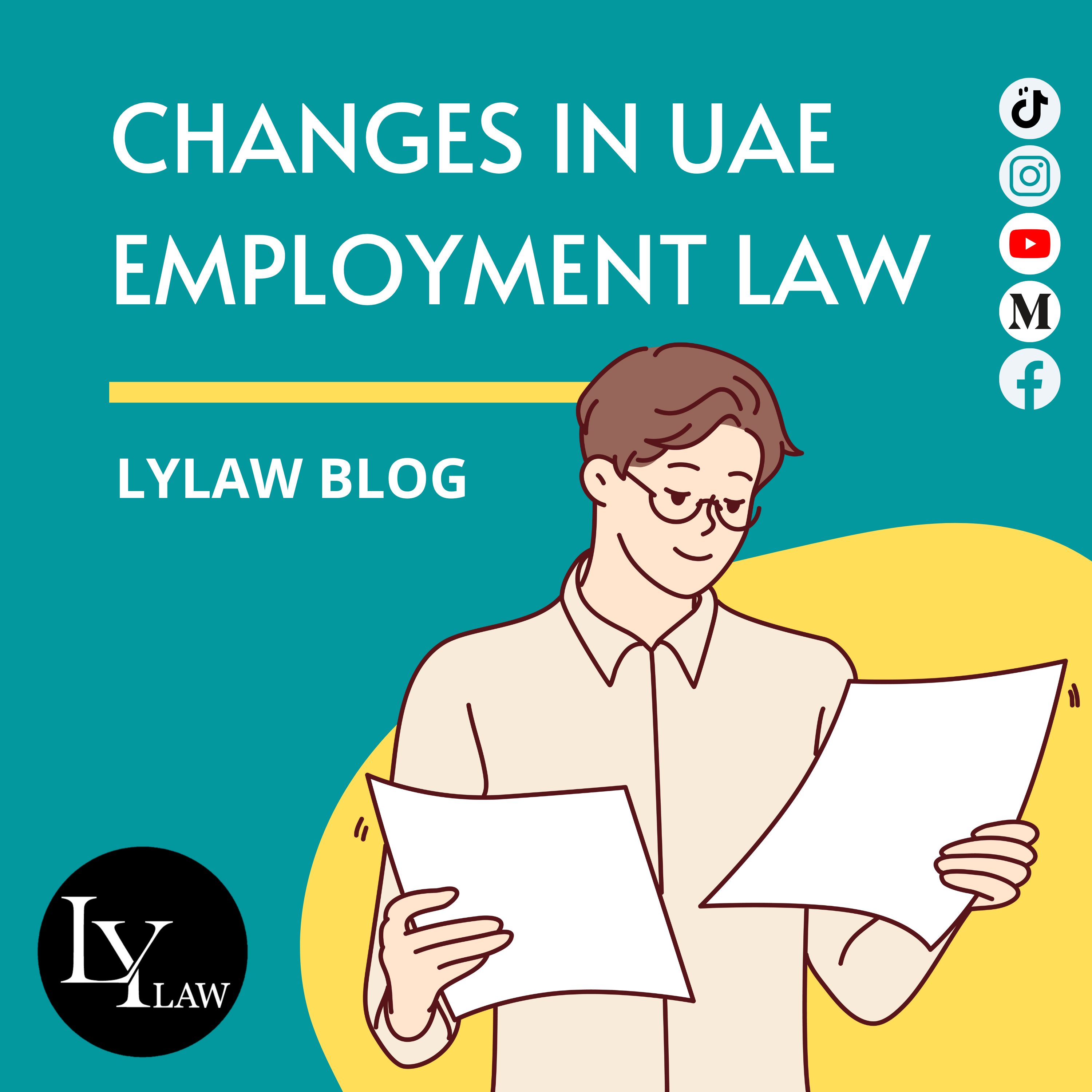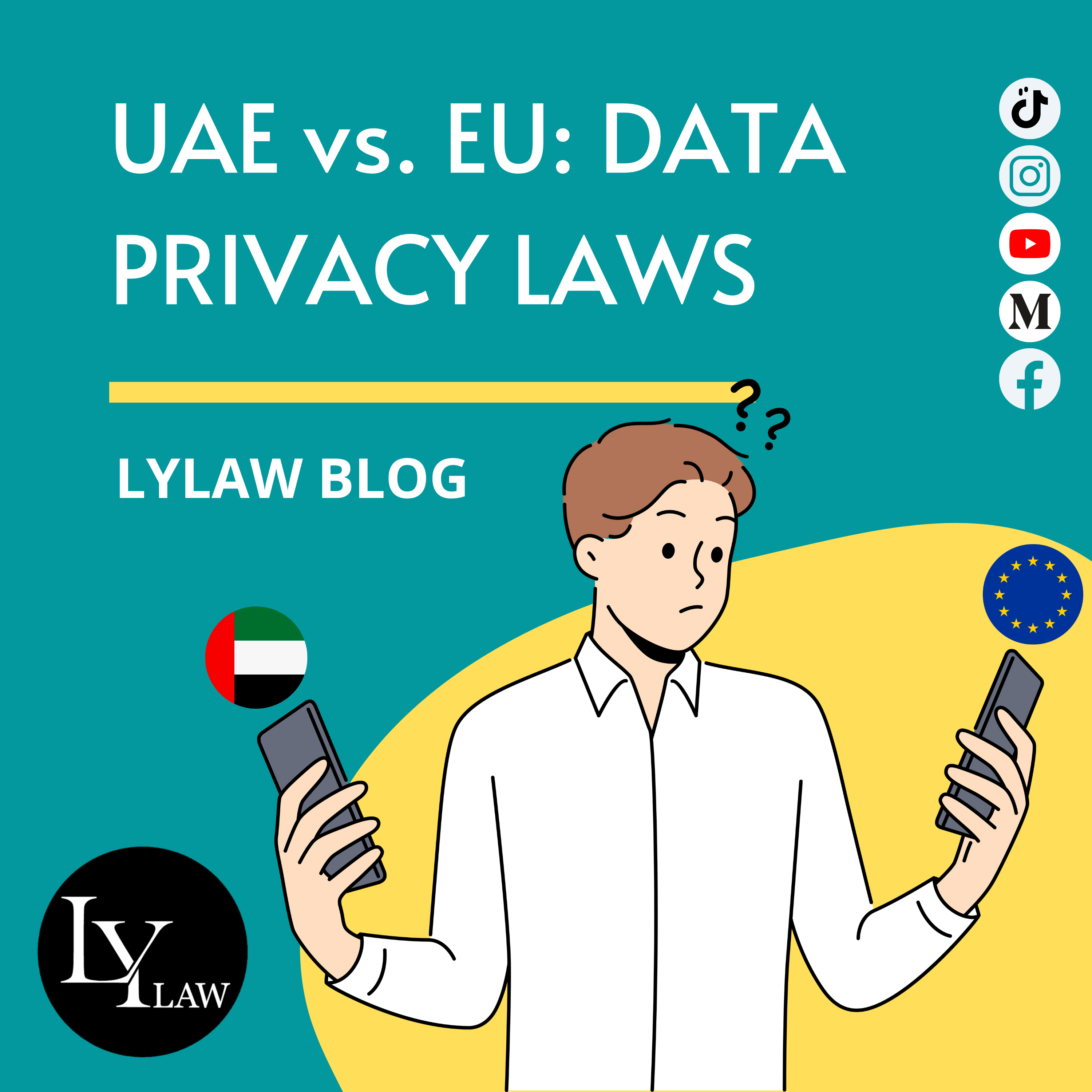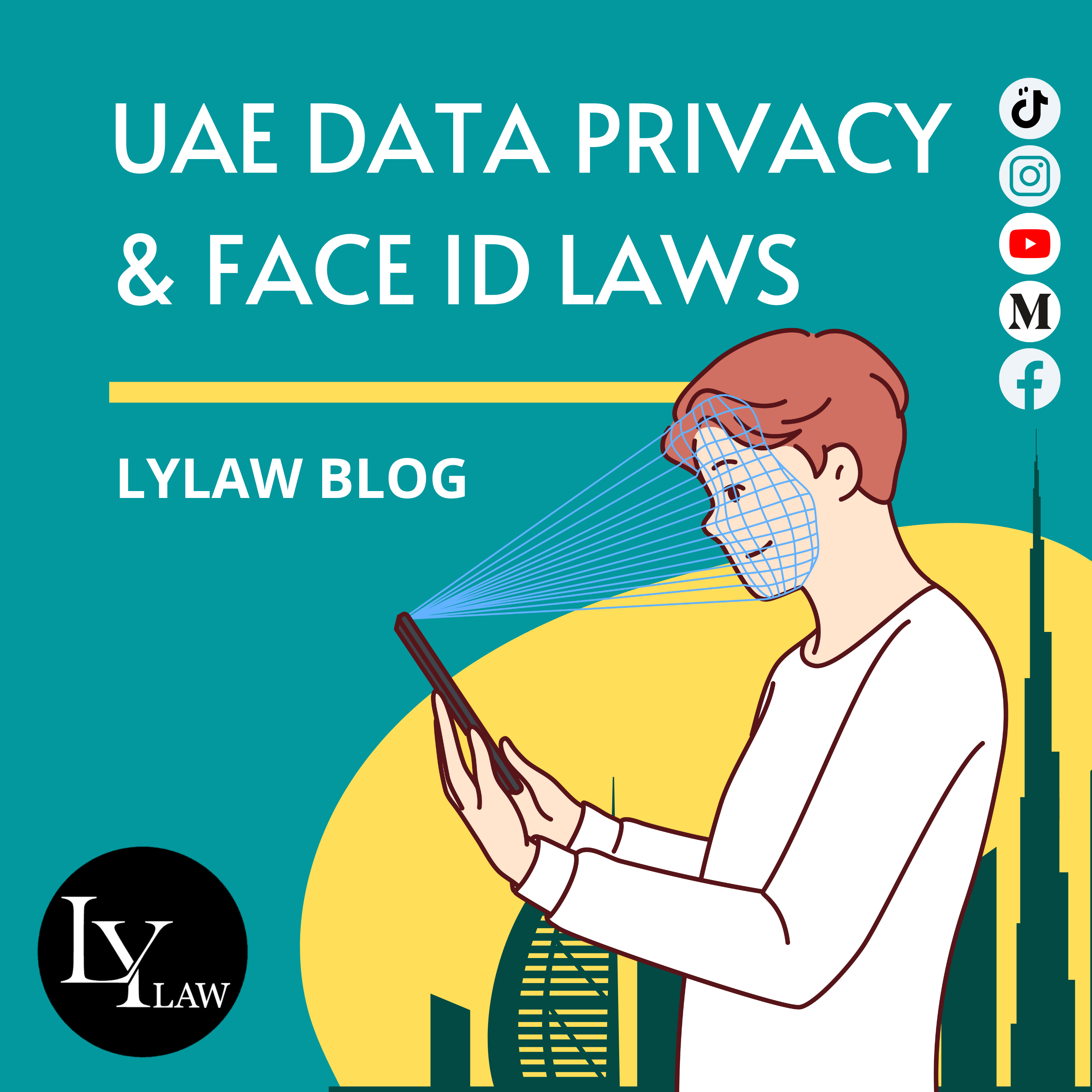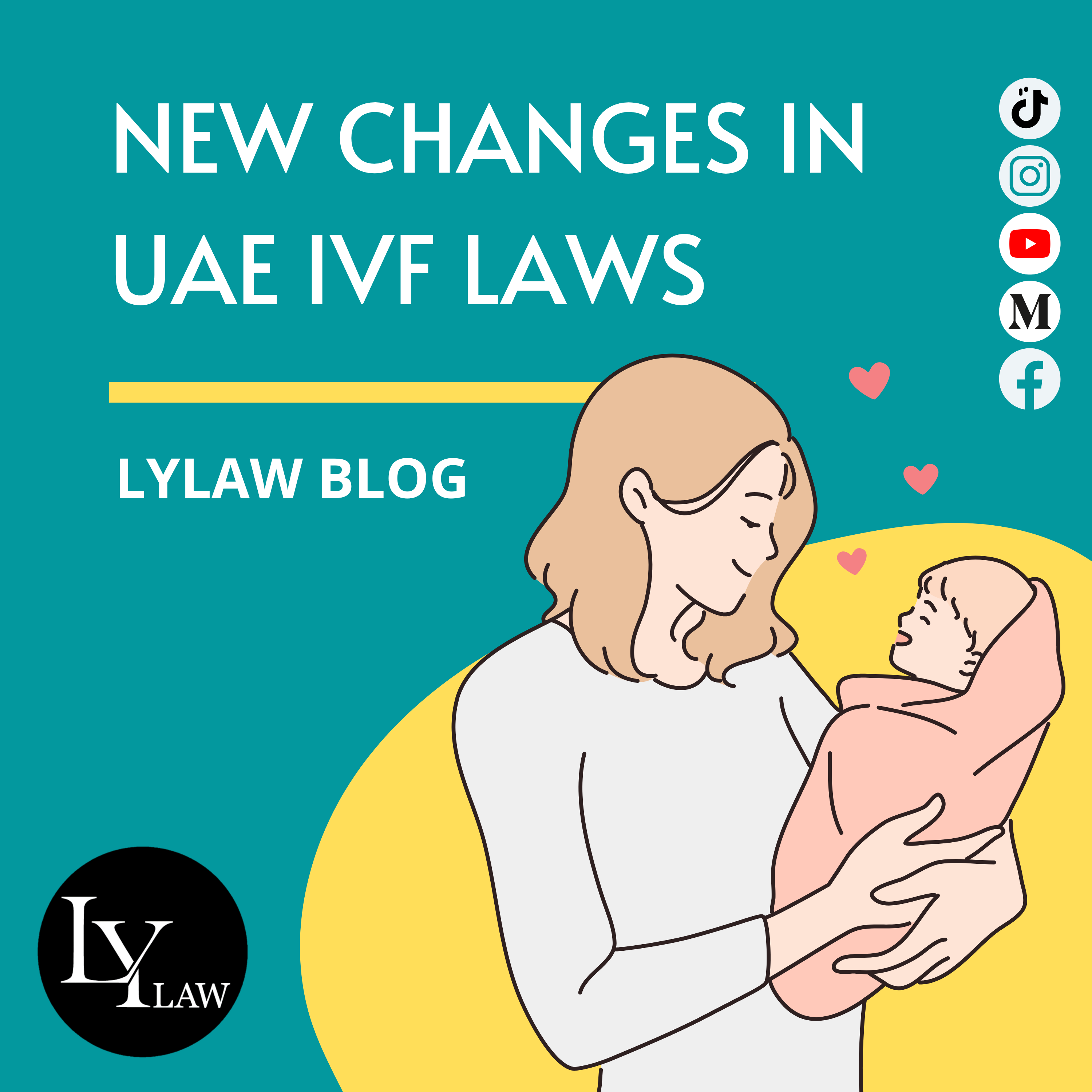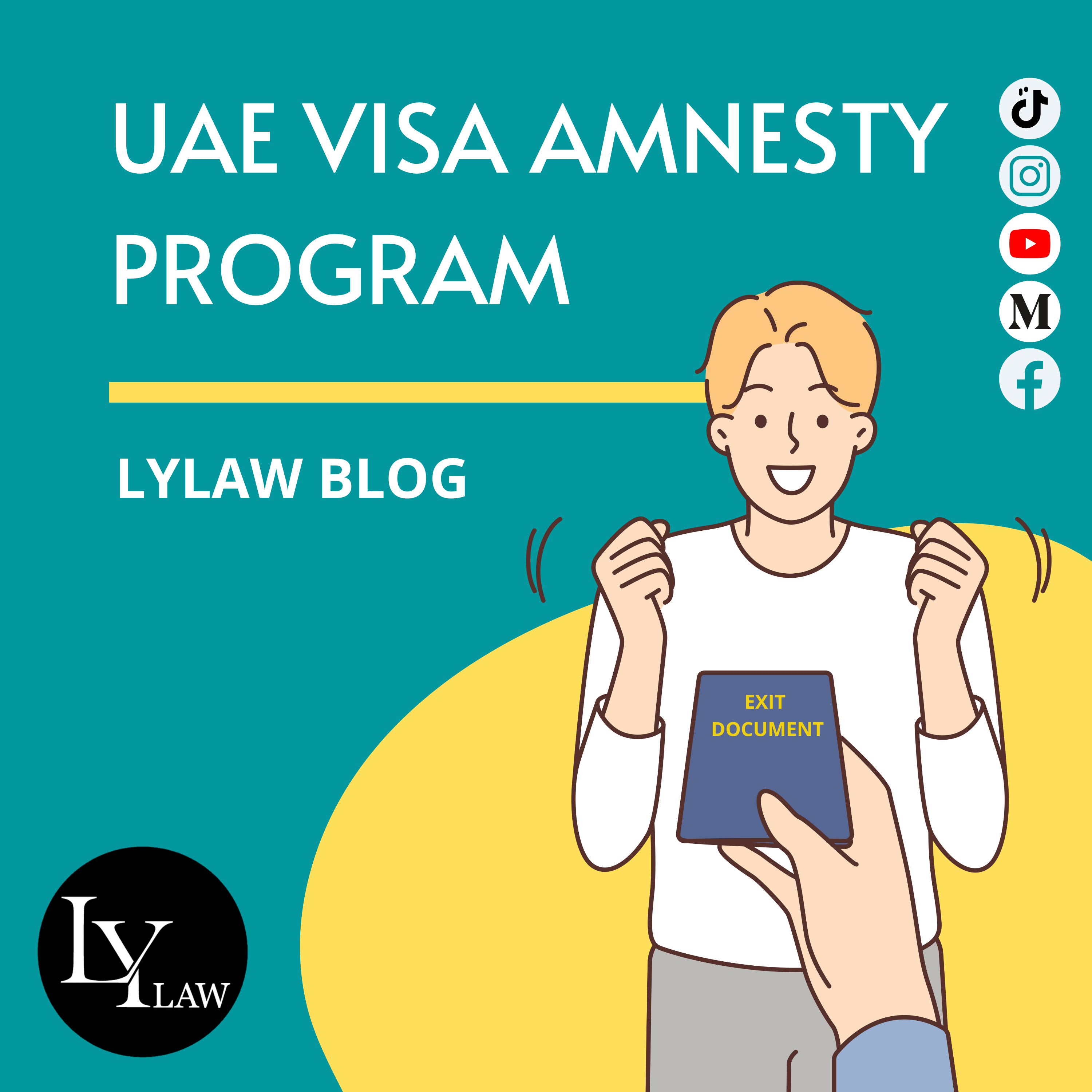Employment Law in the UAE has undergone significant updates with the introduction of the Federal Decree-Law No. 9 of 2024. This decree amends certain provisions of the UAE Employment Law, specifically Federal Decree-Law No. 33 of 2021, with particular focus on Articles 54 and 60. These changes, effective from August 28, 2024, bring four major amendments to the existing legal framework.
I. KEY AMENDMENTS
1. Longer Statute of Limitation for Employment Cases
Perhaps most notably, the new statute extends the statute of limitation to file employment cases. This new law allows parties to file a court case as long as 2 years after the employment relationship has been terminated. Actually, it extends the time period from the previous 1-year statute to 2 years. Where the statute of limitation is the time within which parties ought to come to the court with their disputes, and after that time lapse, the right to apply to the courts gets forfeited. In this new period, employers and employees both are subjected. This amendment comes through Federal Decree-Law No. 9 of 2024, amending Article 54 of Federal Decree-Law No. 33 of 2021.
2. Amendment in the Procedure for Appeal against MOHRE Decisions
It has also amended the procedure for disputing the decisions of the MOHRE. The right to decide on the employment disputes whose claim amount is less than AED 50,000 has been given to MOHRE. Parties who will disagree with the MOHRE’s verdict would approach the Court of Appeals earlier. Objections under the new law in this respect are, therefore, to be submitted to the Court of First Instance but no later than 15 days. A judgment of the Court of First Instance is now final and may thus be enforced. An appeal to the Court of Appeals will no longer be possible. This is accordingly the content of Federal Decree-Law No. 9 of 2024.
3. Increased Sanctions for Violations of Labor Laws
Sanctions for violations of UAE Labour Laws have lately been considerably increased. The quantity of the sanctions that have just been set ranges from AED 100,000 to AED 1,000,000 in respect to, amongst others, the following contraventions:
• Hiring and employing employees without a valid work permit.
• Abuse of a work permit by placing it at the disposal of an unintended party.
• In the event of any winding up or closure prior to making payments to the workers’ dues.
Examples are the hiring of non-well-registered employees and the selling of work visas to people not related to the business. On the positive note, the revised fine amounts to five times more than the previously recorded fines standing between AED 50,000 and AED 200,000, indicating a more strict application/implementation. This was through the amendment to Article 60 of the UAE Employment Law by way of Federal Decree-Law No. 9 of 2024.
4. New Fines for Violations in Respect of Emiratization
The new law for the first instance introduced a type in penalties with respect to the Emiratization requirements whereby serious punishments are imposed on employers who employ fictitious employees just to fulfill legal obligations of employers or assist them to fulfill their obligations. Further, fictitious employees reap benefits from any program, scheme, or pension which punishes them. To this, some fines include:
• Fines: The minimum amount is AED 100,000 and goes up to AED 1,000,000.
• Benefits that were an incentive or returned benefit for which the employer has already paid out of pocket should be returned without charging their value from the employees.
These penalties help in harmonizing the policies of Emiratization and preventing abuses with regard to benefits related to employment. The Federal Decree-Law No. 9 of 2024, which amends Federal Decree-Law No. 33 of 2021, makes the aforementioned modification to Article 60.2.
II. CONCLUSION
Recent amendments to the UAE Employment Law demonstrate a serious movement as far as the way employment disputes are dealt with and violations are penalized. The extension of the statute of limitation also comes into focus, besides a new mechanism of appeal against the decisions of MOHRE, increased fines for a host of violations, and penalties relating to Emiratization—all points toward a more strict regulatory regime in the days to come. All these changes, therefore, coming into effect from August 28, 2024, reflect that the UAE is seriously committed to enhancing the regulations of the labour market and their compliance in a much better way. The changes would be in place so that both employers and employees can be at par with each other, acquainted with the changing face of the legal world.

